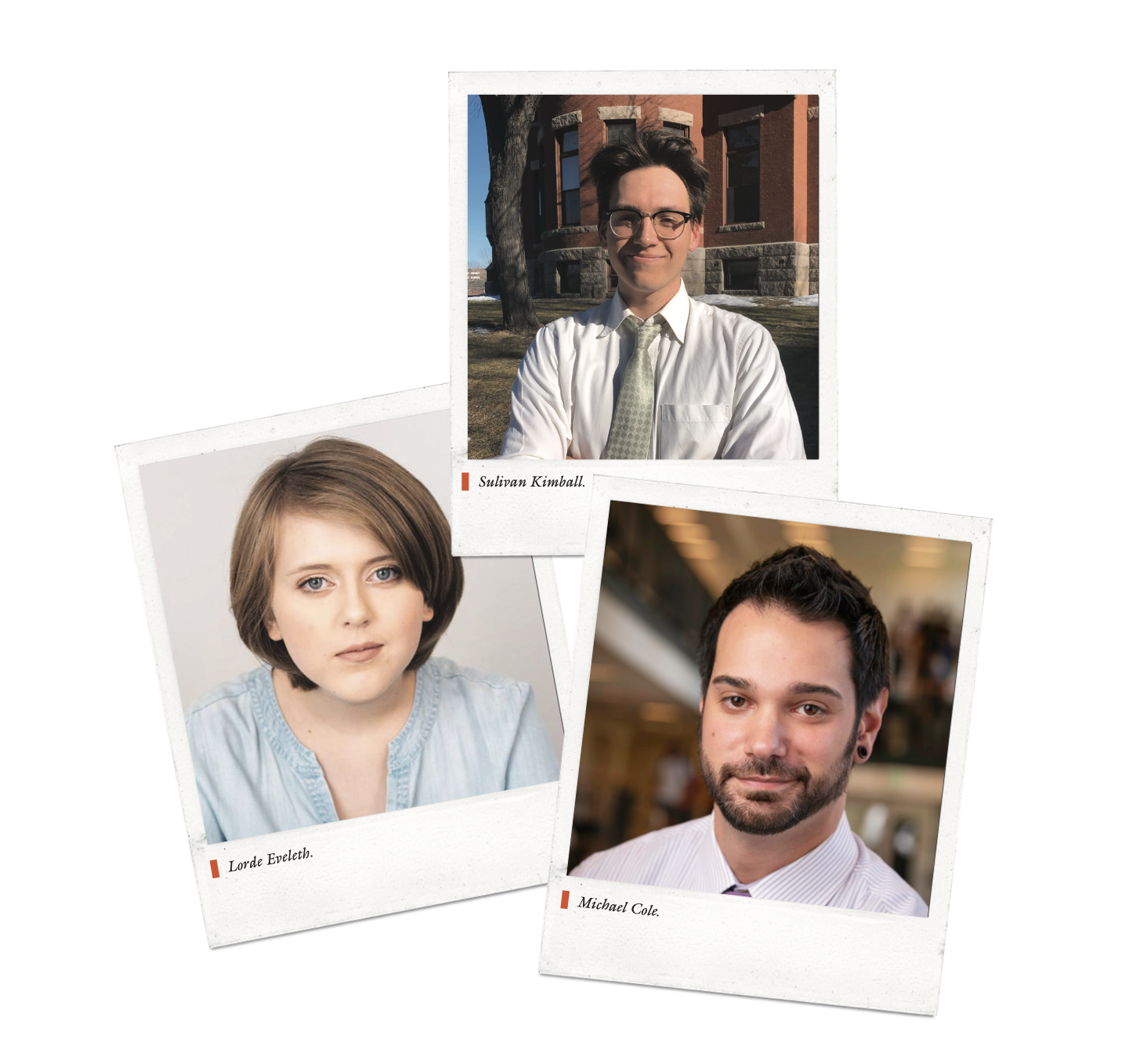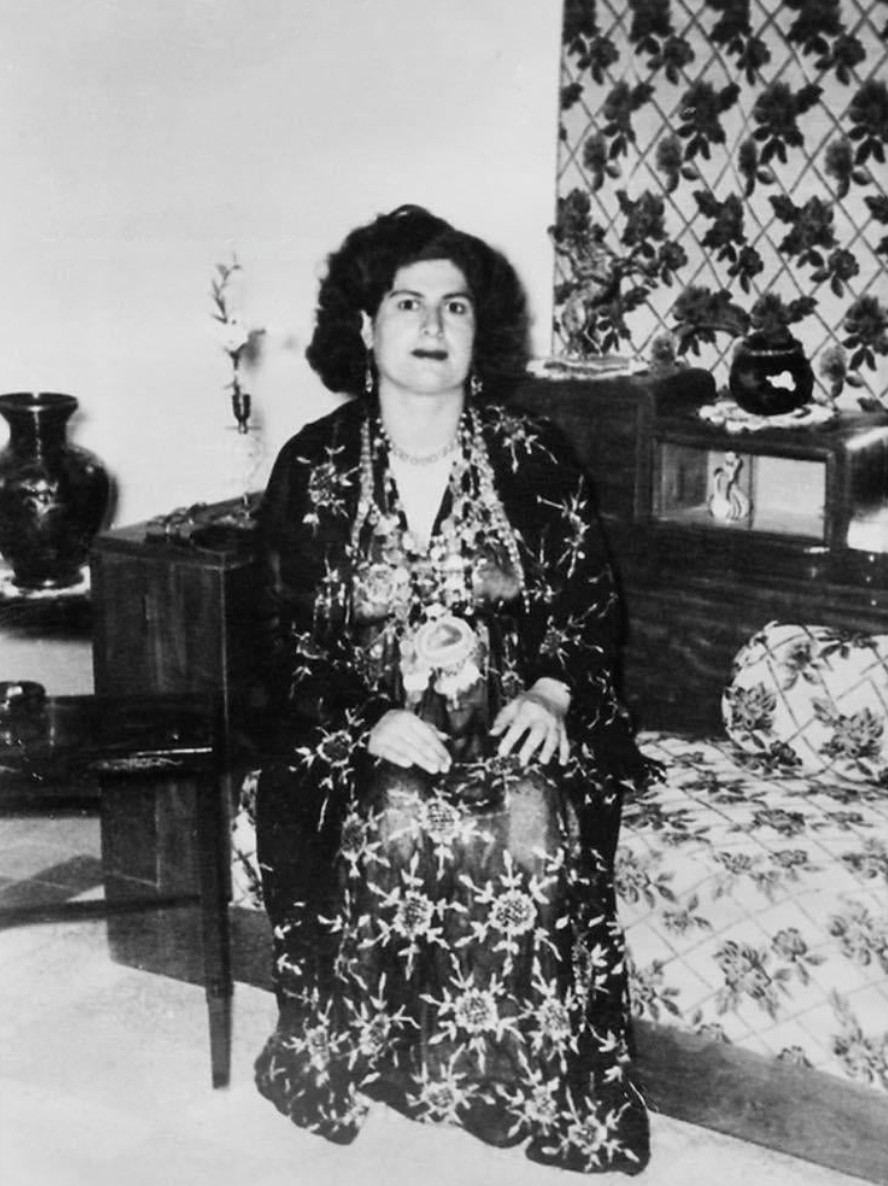My recently published book America in the Eyes of an Immigrant is currently available in Kurdish. I plan on translating it into English soon. While presenting the book in various cities throughout the Kurdistan Region, I introduced U.S. history and culture to audiences, relating how the country’s founders or “founding fathers” built the nation, created its unique political structures, and fought for independence.
The main character in the book is a stateless Kurdish immigrant to the United States who asks himself many questions: what obstacles did the Americans face to achieve independence, and – considering their long pursuit of independence – do they really empathize with stateless nations like Kurdistan? The main character seeks to find answers to these questions throughout the course of the book.
After researching and writing the book, I wanted to flip the script, as I was curious how Americans saw Kurdistan. In February 2024, I held a seminar at a high school in New Hampshire about Kurds and their struggles and was pleasantly surprised to discover that many of the students were eager to learn about Kurdish culture, including its traditional foods. I also discovered that many Americans, especially in academia, are eager to learn more about the Kurds, and was given the chance to speak with political analysts, social science scholars, and university students who focus on Middle East politics, specifically the Kurdish issue, at the University of New Hampshire (UNH).
Understanding Kurdistan
When I asked Michael Cole, a Ph.D. candidate at the McCormick School of Policy and Global Studies and an adjunct lecturer in the Department of Political Science and International Affairs at UNH, about when he had first learned about the Kurds, he immediately mentioned the 1988 Anfal Campaign, which he described as one of the most brutal examples of state-sponsored violence and genocide in modern history.
Cole had actually first learned about the Kurdish people and their struggle for statehood after the September 11 attacks and has since dedicated himself to learning about the Middle East and its history. He believes that recognizing the Kurds as the largest minority without a nation requires the urgent need for dialogue, diplomacy, and respect for minority rights in addressing conflicts and promoting stability, security, and justice in the region.
During our conversation he pointed out that the lack of a unified Kurdish state has resulted in severe challenges for the Kurdish people, including political marginalization, cultural suppression, and brutal atrocities such as the Anfal Campaign.
At UNH, many undergraduate students study foreign languages, including Arabic, with a focus on Middle East politics. When I first met Sullivan Kimball, an undergraduate studying political science and Arabic, he expressed a strong desire to learn the Kurdish language. He emphasized that understanding Kurdistan and the Kurdish people is crucial for understanding the future of the region.

Sullivan described the Kurds as long-term allies of the United States in the region and acknowledged that Kurdish issues are often poorly understood in the United States. “The United States professes to support the Kurds but has sometimes abandoned them when faced with difficulties in the past,” he said.
Sullivan mentioned the 1991 Iraqi uprisings as one such time when U.S. support had been withheld at a critical moment. He also mentioned the U.S. withdrawal from Syria in 2019, which left the Kurds at the mercy of Turkey. Finally, after a moment of silence, he noted, “After the 2017 Kurdistan Region independence referendum, the United States only offered tepid, neutral words.”
Many academics have similarly expressed their dissatisfaction with U.S. foreign policy, especially concerning the Kurds.
According to Sullivan, the United States needs to support the Kurdish people’s right to autonomy, as he believed that the Kurdish issue will continue to cause instability in the region if it is not properly addressed in democratic fashion.
Why no state?
Lorde Eveleth, a first-year political science student and aspiring diplomat specializing in Middle Eastern affairs at UNH, also shared that she first learned of the Kurds four years earlier in her high school world history class. Lorde believed that being the largest minority without a nation presents significant challenges, as it becomes harder to maintain cultural identity when living in different countries.
She emphasized the often-overlooked issue of assimilation, even in countries like the United States, which is known for its cultural diversity. During our conversation about the culture and identity of the Kurdish nation, I asked Lorde why the Kurdish issue has become so problematic. She explained that neighboring countries oppose the idea of a Kurdish state, creating a hostile environment that blocks its formation.
Her response reminded me of my early days in primary school, when I would ask my history teacher about the problematic nature of Kurdish independence for Turkey, Iran, Iraq, and Syria.
He would simply reply, “they were afraid of the breakup of their own countries.”
Finally, I asked Lorde for her thoughts about an old project that U.S. President Joe Biden, then a U.S. Senator serving on the Senate Foreign Relations Committee, had proposed: dividing Iraq into three separate regions: Kurdish, Shi’a, and Sunni. Lorde responded that it could be possible one day but would need widespread support. However, she expressed concern about the power of militia groups to undermine the will of the government and complicate the implementation of such a proposal.
Goran Shakhawan is a Kurdish-American journalist and author based in the United States. He has covered news for several Kurdish news outlets and was a former senior correspondent for Kurdistan24 in Erbil and Washington D.C. He has several published several books in Kurdish.

